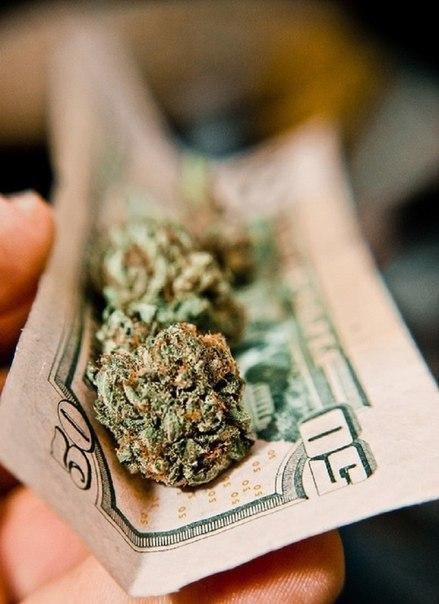Trudeau Warns Canadians About Marijuana Risks When Traveling to the U.S.
Last week, Canadian Prime Minister Justin Trudeau gave an interview to CBC ahead of his official visit to Winnipeg, where he warned Canadians who use legal marijuana about potential legal risks they may face when traveling to the United States due to their marijuana use. He also cited several recent incidents at the border involving Canadian employees of legal marijuana businesses being detained by U.S. Customs officials.
During the interview, which took place before his formal visit to Manitoba, Trudeau answered several audience questions. One question, regarding the relationship between Canada and the U.S. after the start of national marijuana legalization, particularly caught his attention. A reporter asked whether Trudeau would hide the fact that he had used marijuana from U.S. Customs officials, given that marijuana would soon be legal in Canada. Trudeau responded that, while he has never lied to border officials, ordinary Canadians who use marijuana or work in the legal industry should definitely avoid disclosing such information when speaking with U.S. border agents.
Trudeau emphasized that, despite ongoing discussions between the Canadian and U.S. governments about regulatory differences regarding marijuana, Canadians should not reveal marijuana use or employment in the legal industry to U.S. federal authorities. This advice comes in light of documented conflicts and detentions at the border over the past two years. Earlier this year, the U.S. Customs and Border Protection agency released a statement highlighting that, regardless of state-level marijuana reforms, transporting any form of marijuana across federal borders is considered a serious violation of national drug laws.
“I have never lied to law enforcement and I am not encouraging anyone to do so,” Trudeau said. “However, I do think that some information about your employment or personal habits simply does not need to be disclosed, in order to avoid unnecessary legal trouble.”
He added, “I respect every country’s right to control its borders and regulate the flow of tourists and migrants. Despite regional reforms that have legalized marijuana in various U.S. states, under federal law, marijuana remains strictly prohibited. Therefore, Canadians traveling to the U.S. must be aware of the differences in our countries’ laws.”
Health and Legal Considerations for Marijuana Use
Trudeau also addressed the nature of marijuana and the potential negative health effects associated with its use. “It’s important to remember that, even with legalization, marijuana remains a regulated substance that should be used according to a doctor’s recommendations,” he said. “Remember, marijuana is not a harmless food additive. It should be kept away from children, teenagers, and pregnant or breastfeeding women to avoid real health and psychological risks.”
During his visit to Manitoba, Trudeau discussed the issue of regional regulation of the future recreational marijuana market with the province’s premier, Brian Pallister, a member of the Progressive Conservative Party.
For context, Mr. Pallister faced heavy criticism from marijuana activists after announcing extremely high fines for violations of regional marijuana laws earlier that week. Reform supporters were particularly unhappy with his proposal to impose a $2,542 fine for cultivating one or two marijuana plants at home for personal use. In addition, Pallister suggested imposing severe criminal penalties on unlicensed marijuana sellers and on those who distribute legal products to minors.
After lengthy discussions, the federal legalization committee ultimately decided to allow Canadians to legally grow marijuana plants at home for personal use. However, some provinces, including Manitoba and Quebec, opposed this decision, arguing that provincial governments should have full autonomy to regulate home cultivation, including the right to ban it entirely. “I understand the concerns of these provincial authorities, but many experts who have been involved in the reform discussions over the past three years agree that without full freedom to cultivate, we won’t be able to fully eliminate the black market for marijuana,” Trudeau commented.
“I believe we can reach a compromise that satisfies all parties through negotiations and public discussion,” the Prime Minister concluded.



